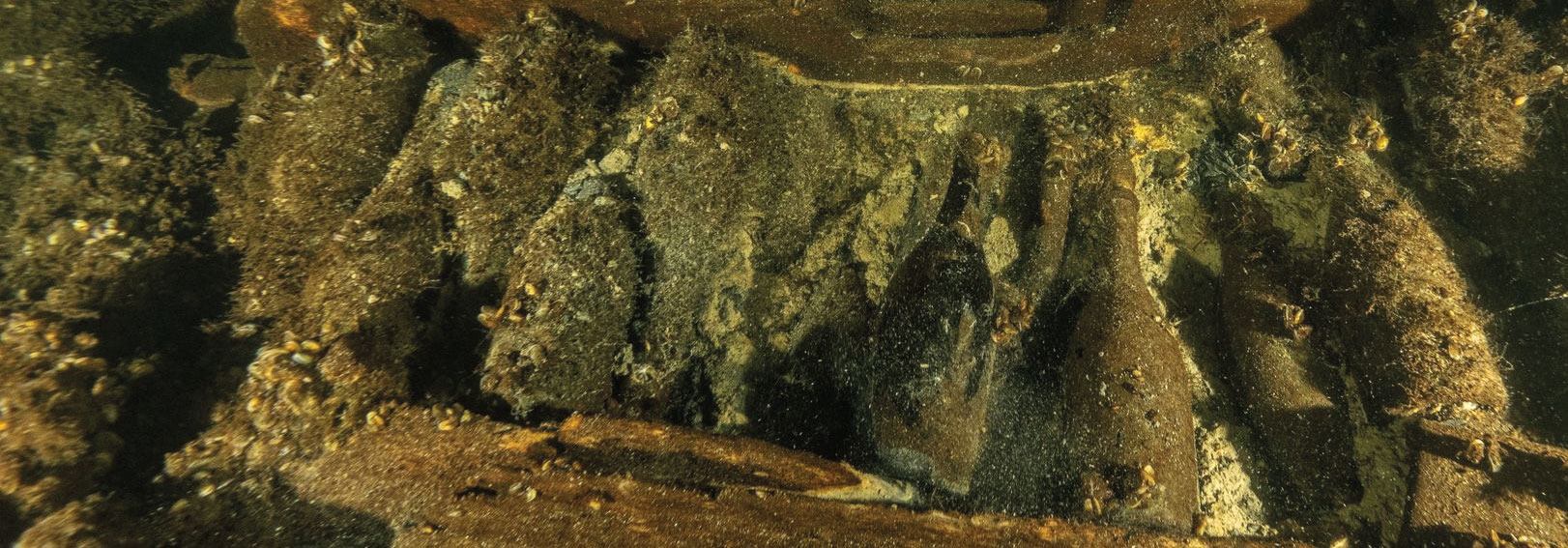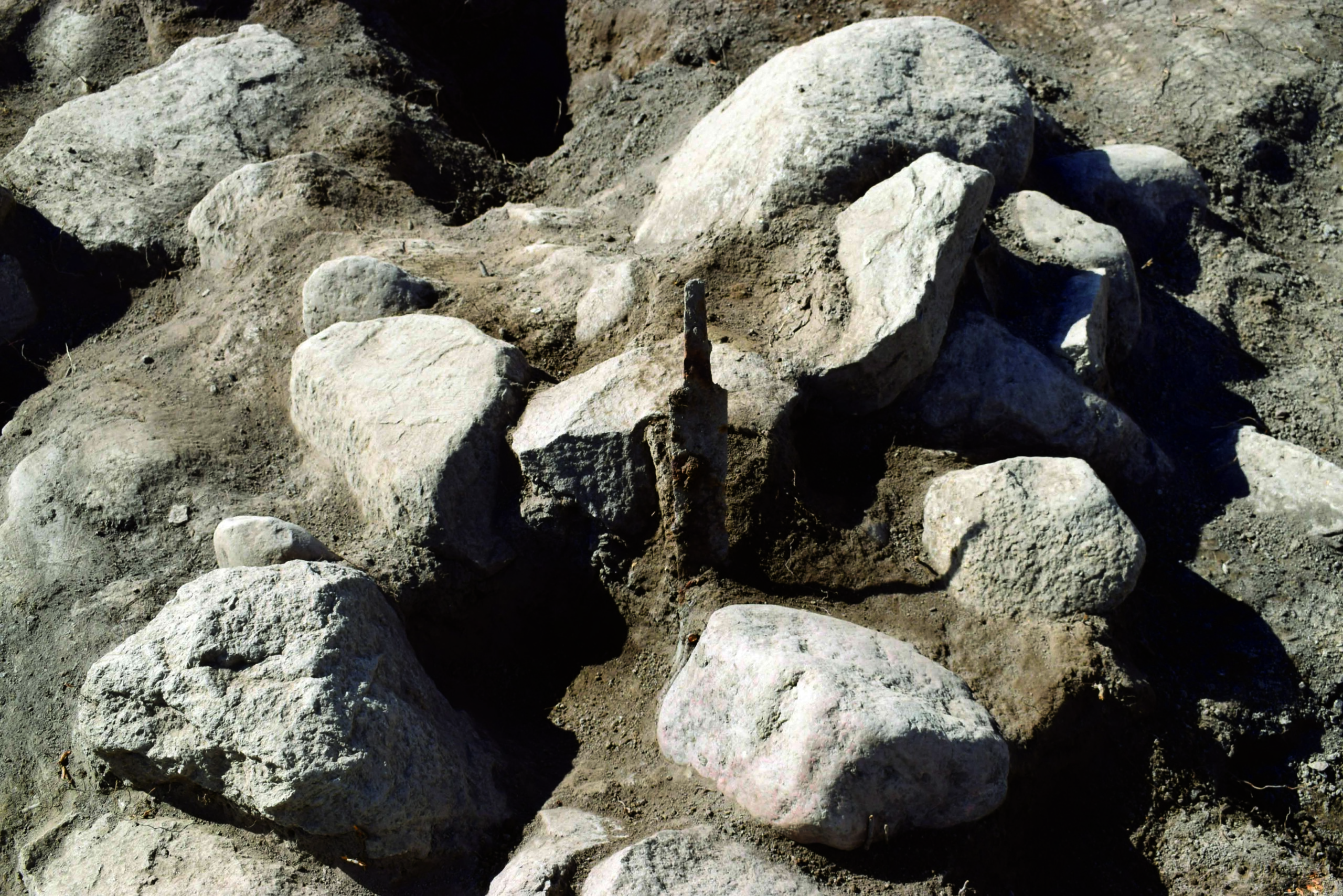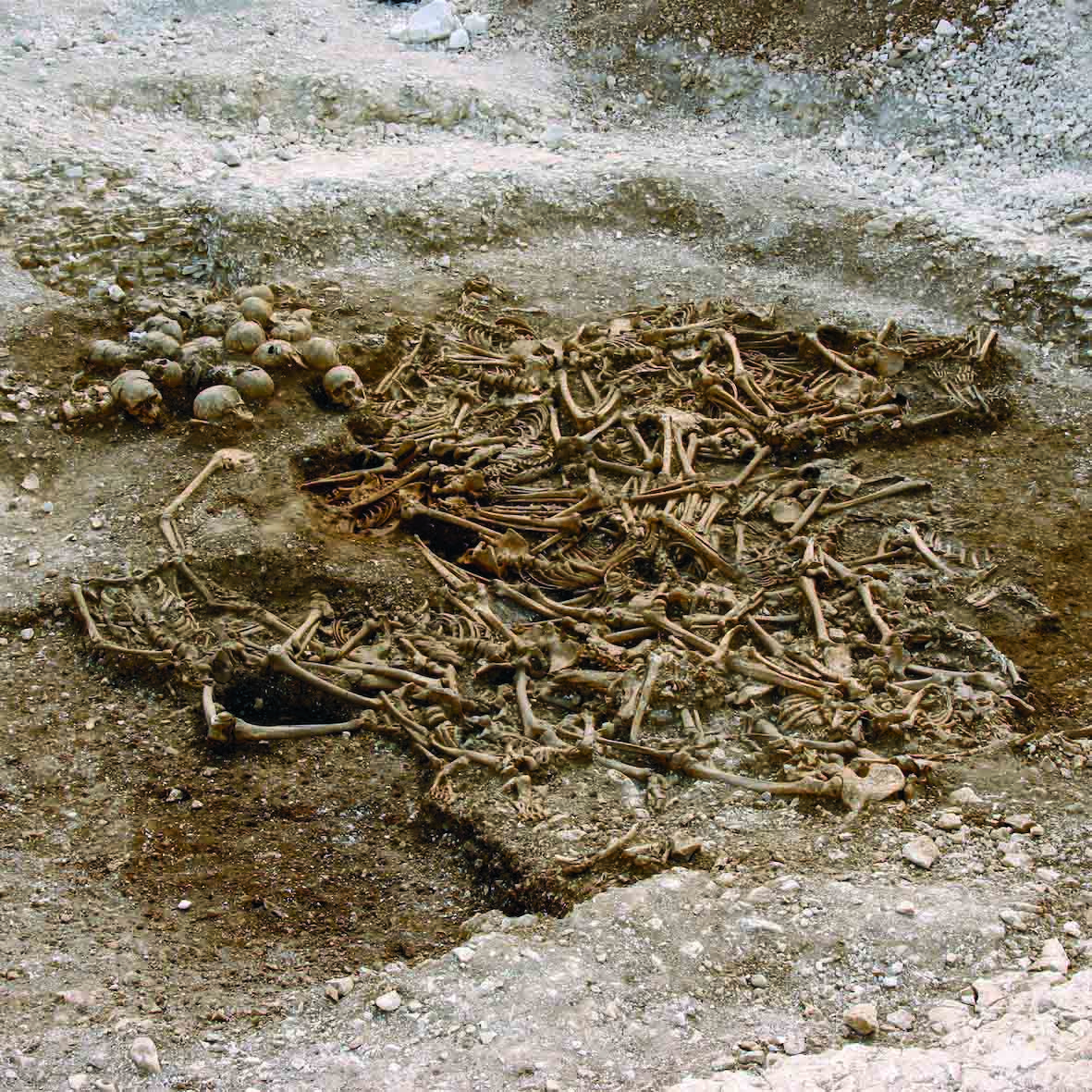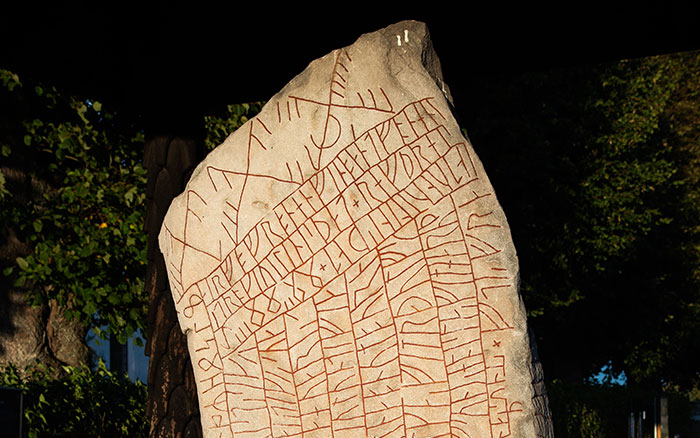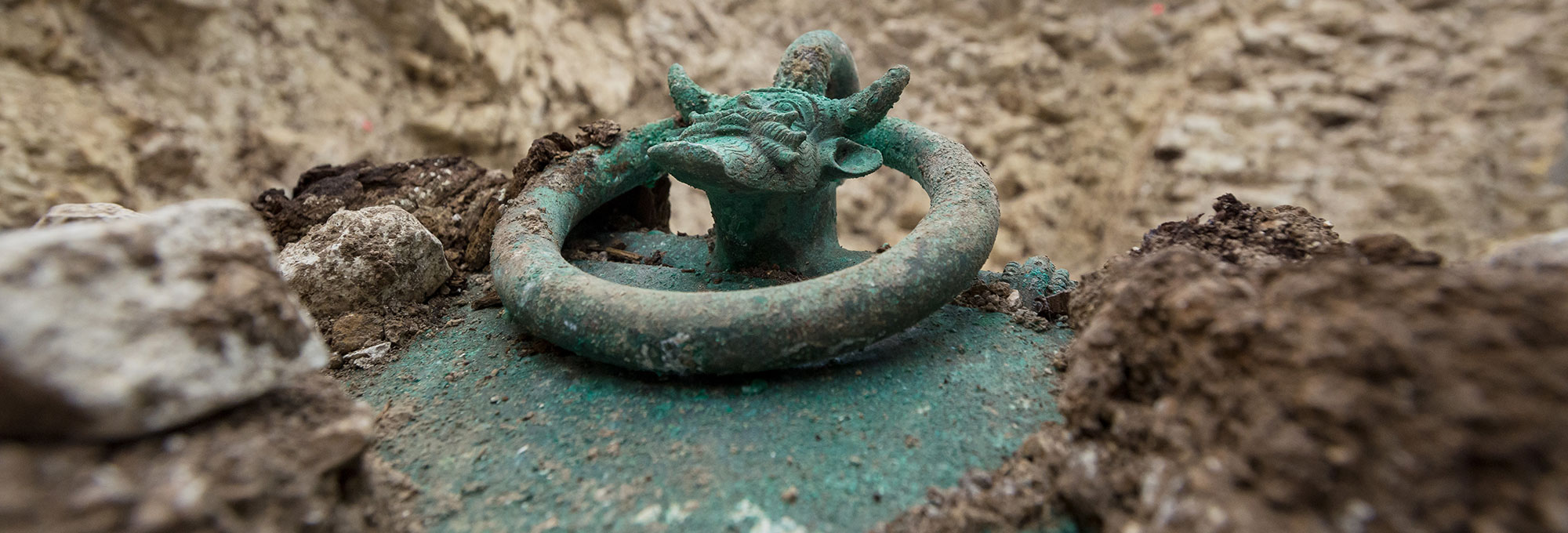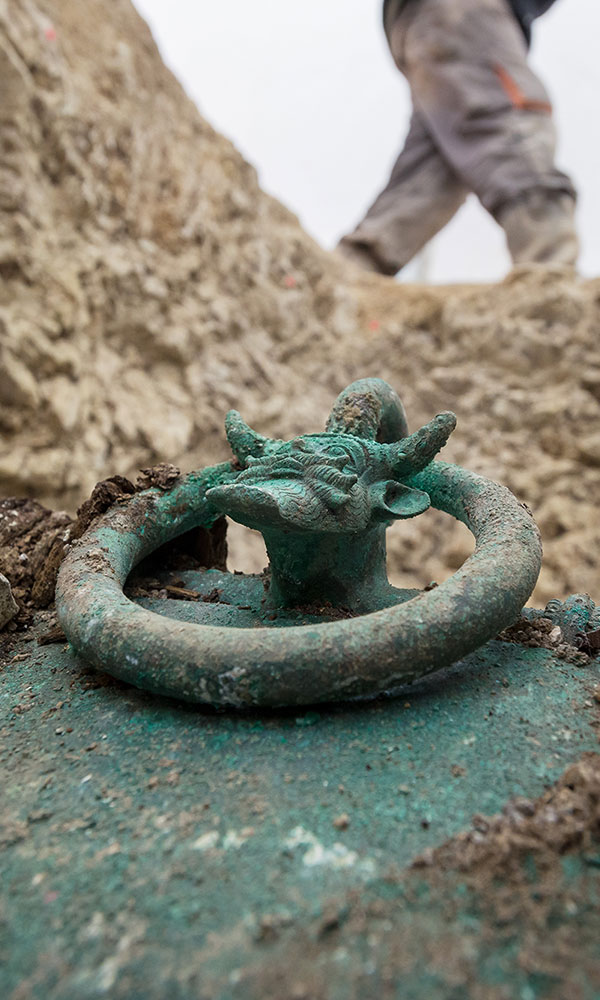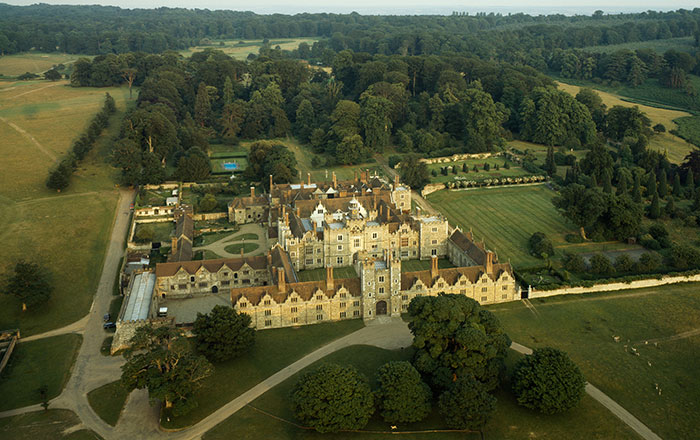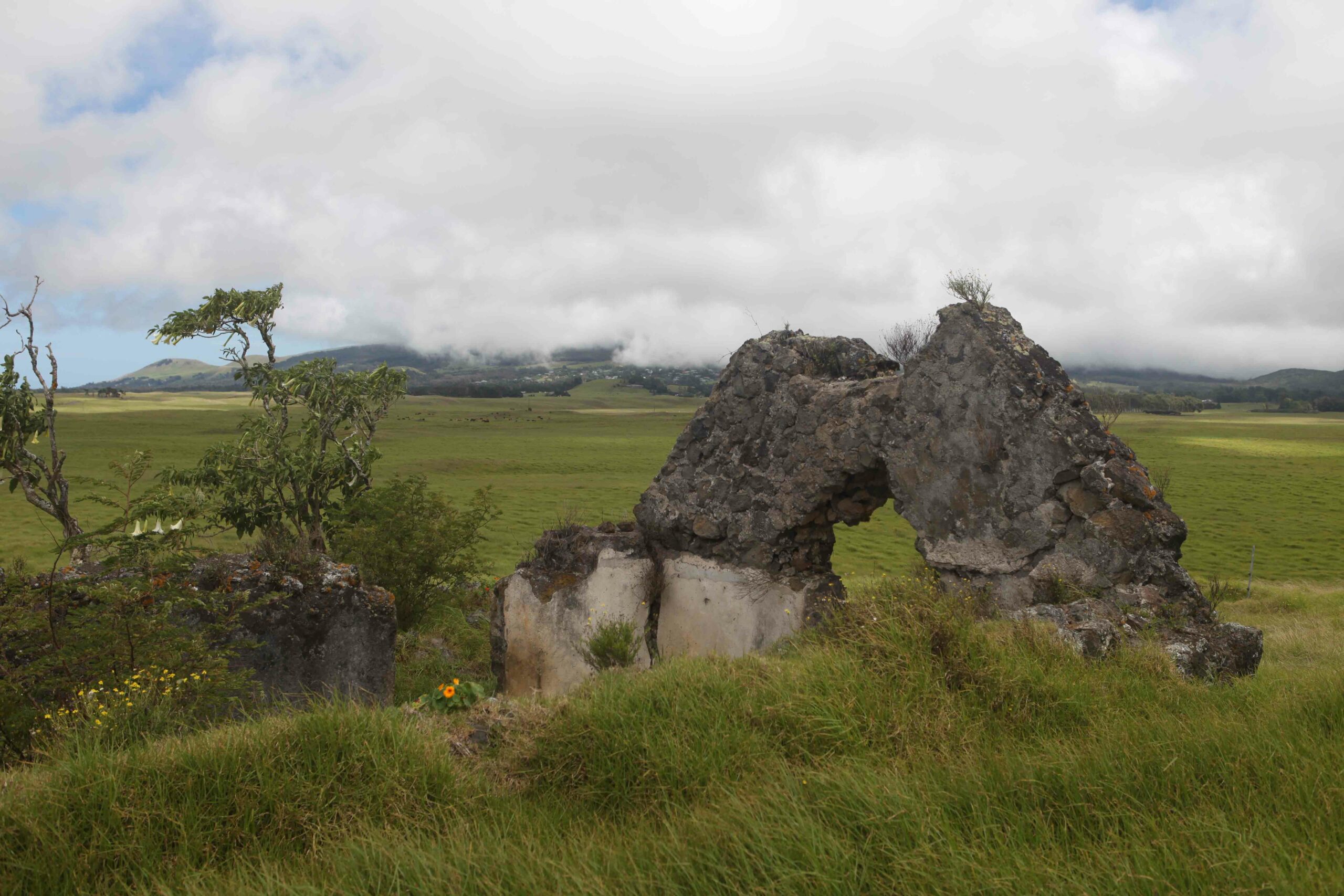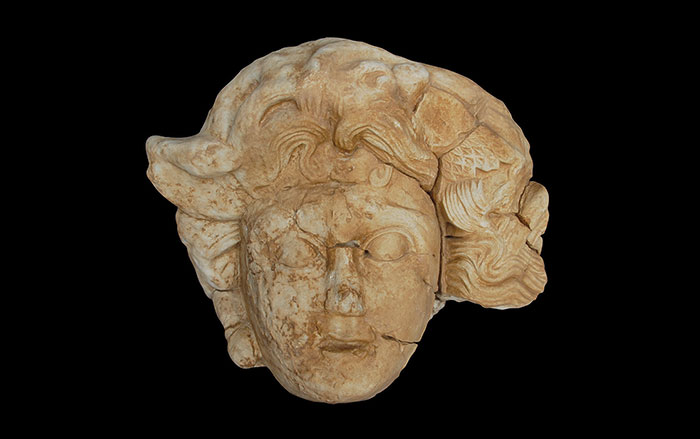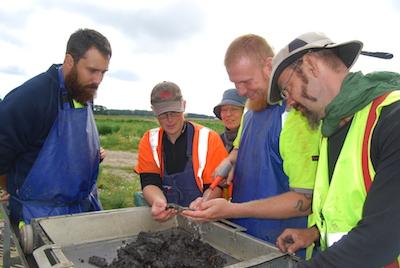
LUND, SWEDEN—The excavation of a settlement in southern Sweden has uncovered evidence of the large-scale preservation of fish more than 9,000 years ago. Osteologist Adam Boethius of Lund University found tens of thousands of fragile fish bones, bark, and an oblong pit surrounded by pole holes and smaller pin holes at the site, which had been located at a lake near the outlet of the Baltic Sea. The fish are thought to have been acidified with pine bark and seal fat, wrapped in seal and wild boar skins, and buried in a pit covered with muddy soil. This complex form of preservation would have worked in the region’s cold climate. “These findings indicate a different time line, with Nordic foragers settling much earlier and starting to take advantage of the lakes and sea to harvest and process fish. From a global perspective, the development in the Nordic region could correspond to that of the Middle East at the time,” Boethius said in a press release. For more about the archaeology of fishing, go to "Off With Their Heads."


